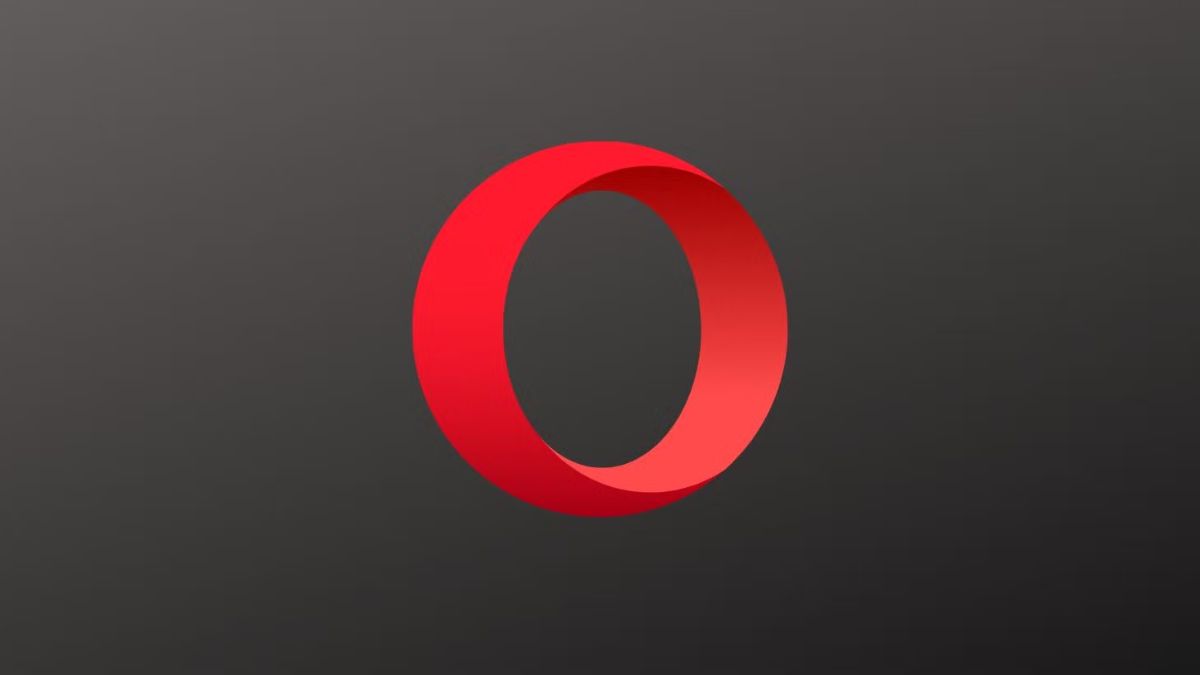Necessary Always Active
Necessary cookies are required to enable the basic features of this site, such as providing secure log-in or adjusting your consent preferences. These cookies do not store any personally identifiable data.
|
||||||
|
||||||
|
||||||
|

In Focus
Browser developer Opera has launched Neon AI browser. According to TechCrunch, the new browser can use AI prompts to develop apps. Neon AI browser by Opera also comes with a feature called cards that develops repeatable prompts.
Opera’s Neon AI browser release places the browser maker among entities that are making agentic browsers a reality. The Browser Company, which offers web browsers with AI features, is one such entity. Software firm Atlassian acquired The Browser Company early this month in a bid to enter the AI-driven browser market.
AI startup, Perplexity also launched an AI browser called Comet in July 2025. The browser leverages AI agents to automate two tasks with a single prompt. Perplexity’s AI browser competes with Google, which recently added Gemini AI to Chrome browser for U.S. users to boost its competitiveness.
The first time Opera mentioned Neon’s development publicly was in May 2025. The company is adopting an Opera Neon subscription model that will see users part with $19.99 per month to use the browser.
“We built Opera Neon for ourselves and for everyone who uses AI extensively in their day-to-day life. Today, we’re welcoming the first users who will help shape the future of agentic browsing with us,” EVP Browsers at Opera Krystian Kolondra said.
Opera’s Neon browser comes with multiple parts. The first part is a plain chatbot that allows users to ask questions and get responses. The second part comes with a more agentic feature known as Neon Do.
With Neon AI, users can:
Users can combine Cards to develop new prompts to compare products. The Cards feature is very similar to the one in Dia, an AI browser developed by The Browser Company. In Dia the repeatable prompt feature is called Skills.
Like in Dia, Neon Do users can create their own cards or use the ones developed by the community. It’s still unclear whether users can share the mini-apps they create with Neon Do with other users.
Neon’s Launch at a Glance :
Opera’s Neon AI browser also comes with a tab organization feature known as Tasks, which creates self-contained workspaces for AI to analyze multiple sources. Opera showcased the Neon browser completing tasks such ordering groceries in a demo.
Opera is positioning Neon as a subscription service with early access expected to begin on September 30, 2025. Wider access to the AI-powered browser is expected in the coming months. Though Opera is a Norwegian company with headquarters in Oslo, it is listed in the U.S.
Opera share prices have risen over the last three years. The company’s market performance has been driven by consistent earnings and investor confidence in Opera’s shift to AI-powered products.
Opera has over 300 million active users across its mobile and desktop browsers. The company has underscored Neon’s privacy-first design noting that on-device operation would appeal to EU users. In recent years, EU regulators have tightened scrutiny on data privacy and use, particularly for tech companies to ensure compliance with the General Data Protection Regulation (GDPR).